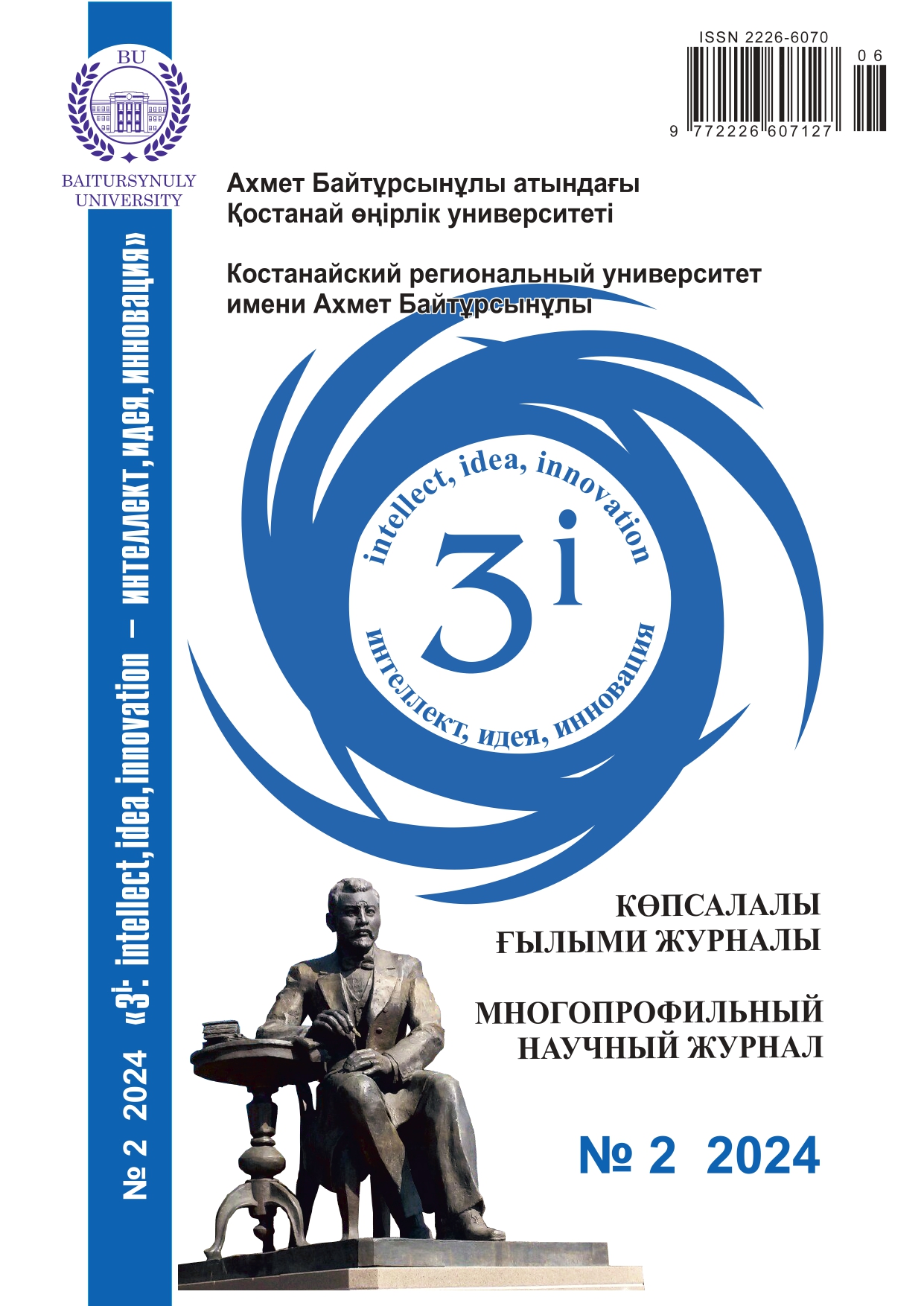АКТУАЛЬНЫЕ ПОДХОДЫ К ОРГАНИЗАЦИИ ПРАКТИКО-ОРИЕНТИРОВАННОГО ОБУЧЕНИЯ В ВЫСШИХ УЧЕБНЫХ ЗАВЕДЕНИЯХ
DOI:
https://doi.org/10.52269/22266070_2024_2_142Ключевые слова:
лаборатория, модель, подход, практико-ориентированное обучение, проект, форматАннотация
Несмотря на переход к многопрофильной подготовке специалистов, повышение фундаментальности образования, возрастание объема специализированных дисциплин и элективных курсов все же сохраняются несоответствие содержания образования запросам компаний. В сложившейся ситуации целью исследования является разработка модели практико-ориентированного обучения, способствующая формированию профессионально-прикладных компетенций студентов под требования рынка труда. В ходе теоретического анализа выявлены актуальные подходы к организации практико-ориентированного обучения в отечественных и зарубежных университетах. Для верификации результатов проведенного теоретического анализа проведены качественные исследования методом глубинных интервью с экспертами в области развития практико-ориентированного обучения. В рамках обработки результатов глубинного интервью был использован метод качественного контент-анализа. Анализ экспертов определил наилучшие подходы к организации практико-ориентированного обучения, а также форматы способствующие наилучшей интеграции университетов и компаний. Выявлены слабые стороны в обеспечении практико-ориентированного образования в Казахстане. В рамках модели сформирован алгоритм организации практико-ориентированного обучения с разделением на целевой, методологический, учебный, организационный, оценочный и результативный блоки. Разработана блок-схема в которой представлен процесс взаимодействия основных компонентов модели.




